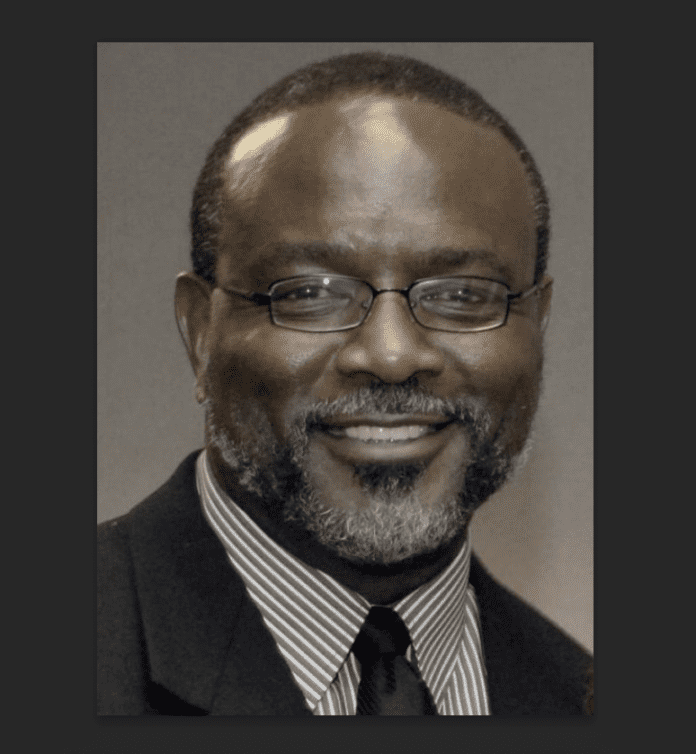We’re now almost five weeks into the school year, and I must admit, I’m already experiencing a nostalgic yearning to return to the role of school leader and the day-to-day grind of urban education.
I miss it!
But I’m in school buildings daily, working with teenage boys on leadership and personal development.
As I visit these schools, I find myself reflecting a lot on the state of urban education, not just in our own school systems in Memphis but across the nation.
I get frustrated with the amount of progress (or lack thereof) we’ve made in the urban education arena over the past few decades.
Improving education in our schools, especially in the many urban centers throughout the country, is an extraordinarily complex and challenging undertaking.
We sometimes forget what K -12 educators must contend with in their efforts to successfully educate children in urban school environments, or any environment for that matter.
As I walk the hallways and work with teachers and students in the schools I visit, I am constantly reminded of how challenging and complex the urban education environment truly is.
Urban education in America faces a variety of challenges that can have a significant impact on the “quality of education” provided to students in urban centers like here at home.
These challenges are not only complex but are interconnected, and they often result in educational disparities that disproportionately affect marginalized urban communities.
Urban schools tend to be segregated by race and socioeconomic status. Persistent achievement gaps exist between urban school students and their suburban counterparts.
These gaps often are related to socioeconomic factors, but they can also be influenced by disparities in school quality and educational opportunities.
Poverty, however, is one of the main culprits. Urban areas often have higher levels of poverty, which can profoundly impact students’ mental and emotional health and their ability to learn.
According to the Memphis-Shelby County Schools (MSCS) website, the poverty rate of students attending its schools is 78.5 percent, which is significantly higher than the national average of just 16.9 percent.
This means that nearly eight out of 10 MSCS students are from low-income families.
Poverty can also lead to nutritional issues, unstable housing, and limited access to healthcare, all of which can negatively affect students’ ability to learn.
Recruiting and retaining highly qualified teachers in urban schools can be challenging as well. Due to the numerous challenges of urban education, teacher burnout and turnover rates can be high.
According to data from the Tennessee Department of Education, the teacher turnover rate for Memphis-Shelby County Schools in the 2020-2021 school year was approximately 24 percent.
This means that almost a quarter of MSCS teachers leave the district each year compared to a national average of around 16 percent.
Moreover, about half of MSCS teachers leave the profession in the first five years.
High teacher turnover rates, coupled with a lack of professional development opportunities, can hinder the quality of instruction in the classroom.
In addition, curriculum and teaching materials in urban schools may not always be culturally relevant or sensitive to the needs of diverse student populations. This can lead to disengagement and a lack of motivation among students.
Urban areas are often melting pots of various cultures and languages. While this diversity can be an asset to a community overall, it also presents challenges in terms of language barriers and the need for culturally responsive teaching.
In Memphis Shelby County Schools, roughly 80 percent of students are African American, 10 percent Hispanic, 7 percent white, and 3 percent are Asian or other races.
More than 75 percent of students qualify for free or reduced-price lunch, which reflects the district’s high level of poverty.
Despite these challenges, urban schools are home to some of our nation’s most dedicated and talented educators. These people work tirelessly to provide students with a quality education.
I see and talk with them daily.
Our schools, however, must provide students with the support they need to succeed academically, socially, and emotionally. In other words, address the needs of the whole child.
This includes providing students with educational services and access to healthcare, mental health services, and other essential resources.
But again, it’s important to recognize that these issues are interconnected and cannot be solved in isolation.
Addressing these challenges requires a multi-faceted approach, involving policy changes, increased funding, professional development for teachers, community engagement, and a commitment to equity in education.
Memphis- Shelby County Schools is a vast and complex urban school system with many challenges to contend with this school year and beyond.
With all that is happening in Memphis, it is hard to see the continuity of strategy at times.
But again, there is much to reflect on as this school year gets underway.
As a community, we need to be ready to support our school system in any way we can. Our school leaders, teachers, and children need us. Let’s have a great year!
(Follow me, TSD’s education columnist, on Twitter @curtisweathers. Email me at curtislweathers@gmail.com.)



